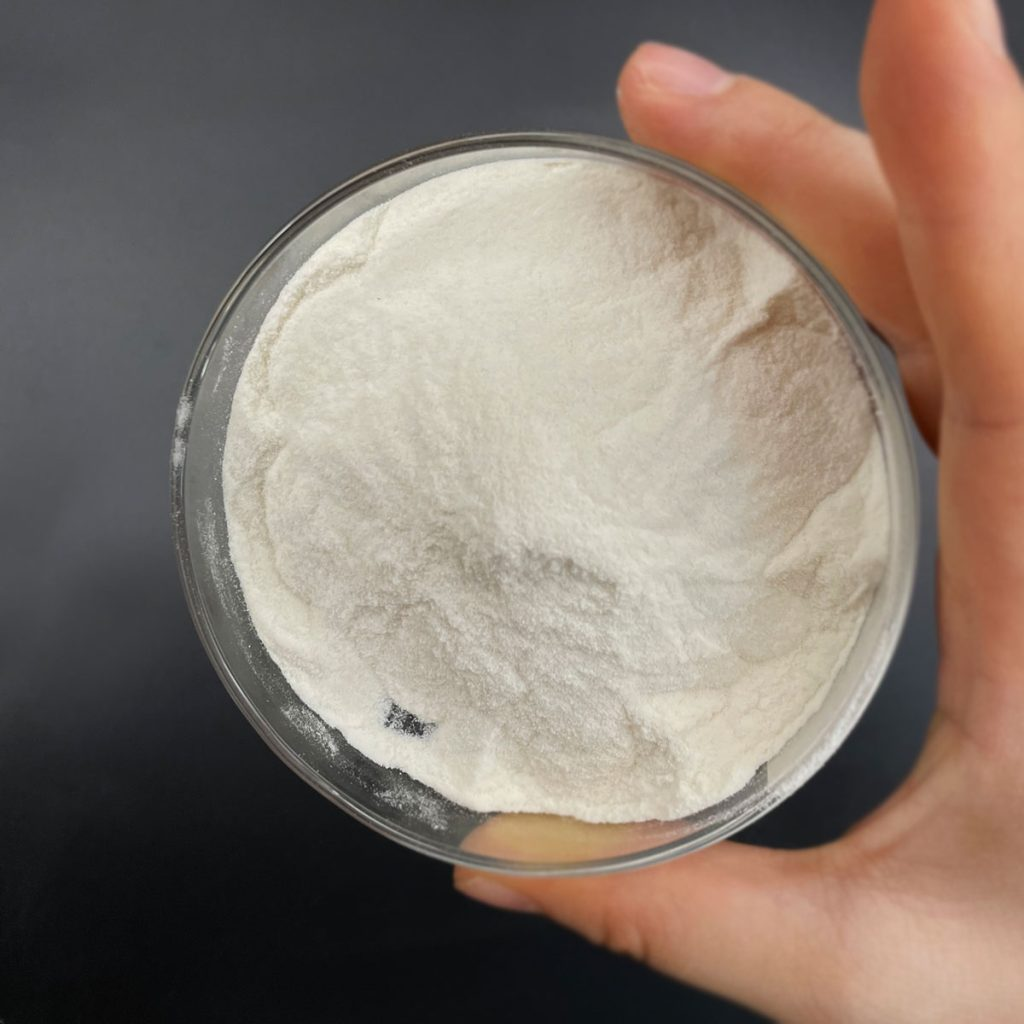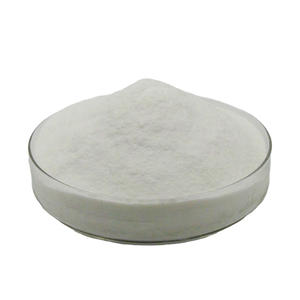Professional and high-quality metal alloys, ceramic products and concrete additives | RBOSCHCO
PRODUCT PARAMETERS
Description
Overview of Silicon Carbide Nanoparticles (Nano SiC Powder)
Silicon carbide nanoparticles, frequently described as Nano SiC Powder, are a sort of innovative ceramic product with amazing physical and chemical buildings. These nanoparticles, varying from numerous nanometers to 10s of nanometers in dimension, show remarkable solidity, high thermal security, and outstanding chemical inertness. Nano SiC Powder has actually located prevalent applications throughout numerous sectors because of its special mix of residential properties.
Characteristics of Silicon Carbide Nanoparticles
Phenomenal Solidity: Silicon carbide nanoparticles have among the most excellent solidity worths amongst all porcelains, making them perfect for rough and reducing applications.
High Thermal Security: These nanoparticles can stand up to heat without substantial destruction, ideal for usage in high-temperature settings.
Outstanding Chemical Inertness: Nano SiC Powder is immune to many acids, antacids, and various other chemicals, guaranteeing its longevity in extreme problems.
Improved Mechanical Residences: The nanoscale dimension of these fragments brings about boosted mechanical residential properties such as toughness and sturdiness, making them ideal for support in compounds.
Exceptional Electric Features: Silicon carbide nanoparticles show excellent electric conductivity, making them beneficial in digital and semiconductor applications.
Parameter table of Silicon Carbide Nanoparticles
| Silicon Carbide Properties | |
| Other Names | Carborundum, alpha sintered SiC, Hexoloy, methanidylidynesilicon, moissanite, SiC powder |
| CAS No. | 409-21-2 |
| Compound Formula | SiC |
| Molecular Weight | 40.1 |
| Appearance | Green to Black or Gray Powder |
| Melting Point | 2730 °C |
| Boiling Point | N/A |
| Density | 3.0-3.2 g/cm3 |
| Solubility in H2O | N/A |
| Electrical Resistivity | 1 to 4 10x Ω-m |
| Specific Heat | 670 to 1180 J/kg-K |
| Tensile Strength | 210 to 370 MPa (Ultimate) |
| Thermal Conductivity | 120 to 170 W/m-K |
| Thermal Expansion | 4.0 to 4.5 µm/m-K |
| Young’s Modulus | 370 to 490 Gpa |
| Silicon Carbide Health & Safety Information | |
| Signal Word | Warning |
| Hazard Statements | H315-H319-H335 |
| Hazard Codes | Xi |
| Risk Codes | 36/37/38 |
| Safety Statements | 26-36 |
| Transport Information | N/A |
Application of Silicon Carbide Nanoparticles
Abrasive and Cutting Tools: Nano SiC Powder is widely used in abrasive and cutting tools due to its hardness and wear resistance.
Ceramic Coatings: It can be used to form ceramic coatings that enhance wear resistance, corrosion resistance, and thermal stability of surfaces.
Reinforcement in Composites: Silicon carbide nanoparticles are often added to polymers, metals, and other materials to improve their mechanical properties.
Semiconductor and Electronic Applications: Due to their electrical conductivity, these nanoparticles find applications in semiconductors, electronic devices, and sensors.
Ceramic Matrix Composites (CMCs): Nano SiC Powder is a key component in the fabrication of ceramic matrix composites, which are used in lots of high-performance applications,such as aerospace and automotive.

Abrasive and Cutting Tools
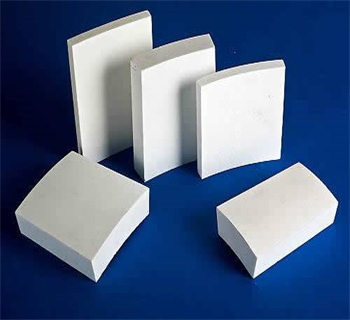
Ceramic Coatings

Reinforcement in Composites

Semiconductor and Electronic Applications
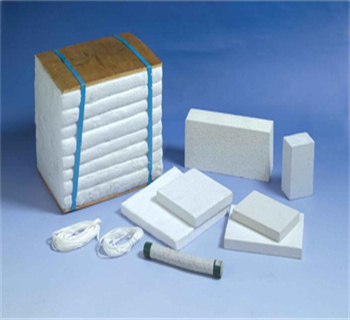
Ceramic Matrix Composites (CMCs)
Production Method of Silicon Carbide Nanoparticles
Chemical Vapor Deposition (CVD)
Hydrocarbons and silicon-containing gases like silane (SiH₄) are used as precursors. They are introduced into a reaction chamber and react at high temperatures of 1000 – 1500°C in the presence of a catalyst. The chemical reaction leads to the deposition of silicon carbide nanoparticles on the substrate surface.
Sol-Gel Method
Silicon alkoxides and carbon-containing organic compounds are dissolved into a solvent to form a homogeneous solution. Through hydrolysis and condensation reactions, a gel is obtained. The gel is then dried and calcined at 800 – 1200°C in an inert atmosphere to produce silicon carbide nanoparticles.
Arc Discharge Method
An electric arc is generated between silicon and carbon electrodes in an inert gas atmosphere. The high temperature and energy from the arc cause the silicon and carbon to vaporize and react, forming silicon carbide nanoparticles.
Company Profile
RBOSCHCO is a trusted global chemical material supplier & manufacturer with over 12-year-experience in providing super high-quality chemicals and nanomaterials, including boride powder, nitride powder, graphite powder, sulfide powder, 3D printing powder, etc.
The company has a professional technical department and Quality Supervision Department, a well-equipped laboratory, and equipped with advanced testing equipment and after-sales customer service center.
If you are looking for high-quality Silicon Carbide Nanoparticles, please feel free to contact us or click on the needed products to send an inquiry.

Storage Condition of Silicon Carbide Nanoparticles
Silicon carbide nanoparticles should be stored in a dry, cool place with a temperature preferably between 5 – 25°C and relative humidity below 40%. They should be kept in airtight packaging to prevent moisture absorption and oxidation. Store them away from potent oxidizing agents and corrosive substances to avoid chemical reactions that could affect their quality and performance.
Payment Term
L/C, T/T, Western Union, Paypal, Credit Card etc.

Shipment Term
By sea, by air, by express, as customers request.
5 FAQs of Silicon Carbide Nanoparticles
Q1:
What are the primary uses of silicon carbide nanoparticles?
Re: Silicon carbide nanoparticles are primarily used in abrasive and cutting tools, ceramic coatings, and as reinforcement in composites. Their hardness, thermal stability, and chemical inertness make them ideal for these applications.
Q2:
Are silicon carbide nanoparticles safe to handle?
Re: Silicon carbide nanoparticles are generally safe to handle, but they should be stored in a well-ventilated area and handled with care to avoid inhalation or contact with skin and eyes. Wearing appropriate protective gear is recommended.
Q3:
How do silicon carbide nanoparticles improve the performance of composites?
Re: Silicon carbide nanoparticles improve the performance of composites by enhancing their mechanical properties such as strength, toughness, and wear resistance. Their nanoscale size allows for better dispersion and interaction with the matrix material, leading to improved overall performance.
Q4:
Are silicon carbide nanoparticles environmentally friendly?
Re: Silicon carbide nanoparticles are generally considered environmentally friendly. They are non-toxic and do not release harmful substances into the environment. However, proper disposal and handling measures should be followed to ensure their safe use.
Q5:
How are silicon carbide nanoparticles produced?
Re: Silicon carbide nanoparticles are produced using various methods such as chemical vapor deposition, physical vapor deposition, and carbothermal reduction. These methods involve the reaction of silicon-containing precursors with carbon sources at high temperatures to form silicon carbide nanoparticles.
REQUEST A QUOTE
RELATED PRODUCTS
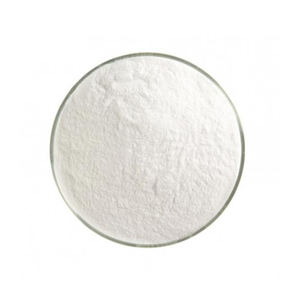
Factory Price Silicon Carbide Powder SiC Nanoparticles SiC Nanopowder
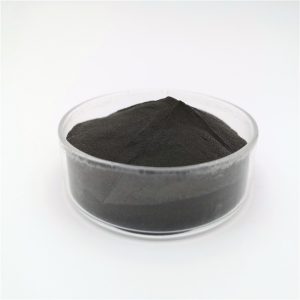
Cobalt Nanoparticles Nano Co Powder CAS 7440-48-4

Titanium Nanoparticles Nano Ti Powder CAS 7440-32-6

Superfine Titanium Carbide Powder CAS 12070-08-5 Nano TiC Industrial Grade Material for Advanced Applications

99.9% Iron Element Pure Nano Iron Powder Fe Nanoparticles Price



